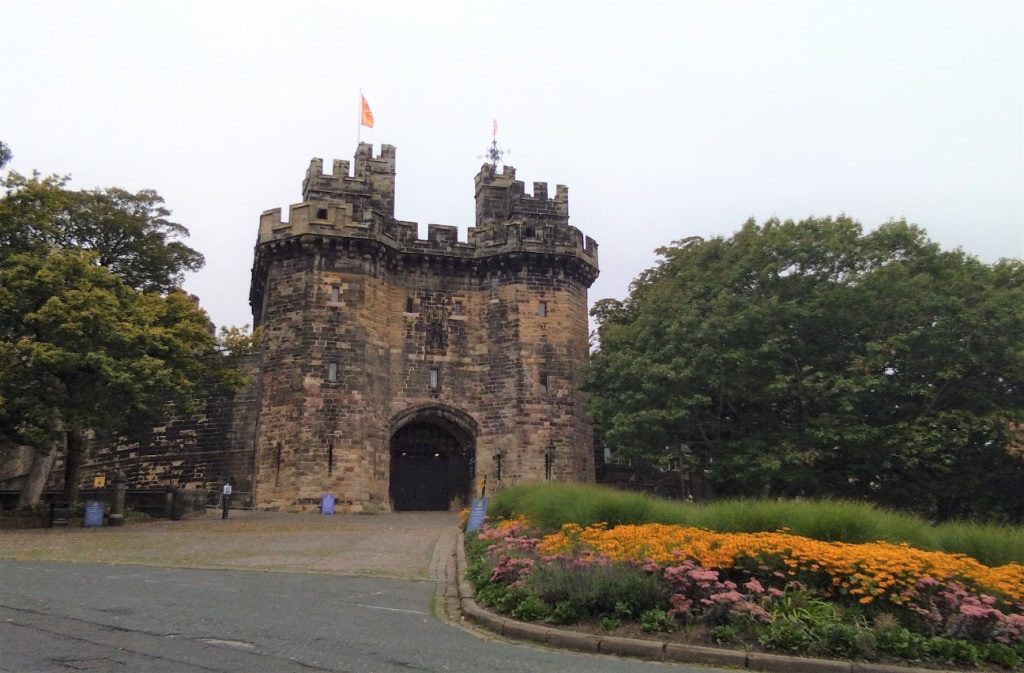
September 19, 2019, by Lisa Chin
1st part of my journey in Lancaster, UK
This post is contributed by Nur Izzati Ridzuan, recipient of the International Research Collaboration Award 2019 and PhD student from the School of Biosciences.
As one of the recipients of the International Research Collaboration Award (IRCA), I was afforded the opportunity to join the Plant-Soil Interaction Group, leads by Professor Niall McNamara. This research group is based on a world-class research organisation known as Centre for Ecology and Hydrology (CEH) with the main sites in the UK such as in Wallingford (headquarters), Edinburgh, Lancaster and Bangor. For my research attachment, I was based at Lancaster University in which CEH’s Lancaster site forms part of the Lancaster Environment Centre at the university.
The journey began on 1 September 2019 when I arrived in Lancaster. I was excited and scared at the same time as this was my first time in the UK. Lancaster is a city that is rich in history and is small enough to travel on foot. One of the famous attractions is the Lancaster Castle which is still owned by Her Majesty Queen Elizabeth II, who is the Duke of Lancaster. The locals are friendly and approachable and I immediately settled in. Grocery shopping is easy since there are two big supermarkets, Sainsbury’s and Tesco right in the city centre. There are a few halal stalls and restaurants at Lancaster University as well as in the city and they also offer delivery services.
Soon, I met with the group members and they made me feel welcomed. I was given a desk in the office and was shown around the labs and the campus. The group focuses on the understanding of ecosystem greenhouse gas emission and carbon dynamics, linkages to microbial communities and responses to change through field and laboratory research. One of my main aim during my attachment is to analyse the soil samples for phospholipid fatty acids (PLFAs) in which PLFAs are the major cell membrane constituent and can be extracted directly from the soil. PLFA analysis is a widely used technique for the estimation of microbial mass and community composition.
To achieve this, in the first week, the freeze-dried soils were ground and sieved before the extraction process was carried out to obtain the lipids. In the second week, further processes of lipid fractionation and alkaline methanolysis ensured that only PLFAs were collected. Throughout this process, I was kindly guided by the group members, Dafydd Elias and Kelly Mason. In the upcoming weeks, identification and quantification of the individual PLFAs will be accomplished by using Gas Chromatography (GC).
Looking forward to the experience and learning new laboratory techniques on soil analysis from this group and I will update again on my journey soon.
About the award
The International Research Collaboration Award (IRCA) is a competitive award to a funded visit, of up to two months duration, with a maximum of MYR 15,000, at a host organisation anywhere in the world that may act as a collaborator for a research project. The host organisation can be any type of organisation (i.e. a university, a research institute, a business, a government department, a charity, a non-governmental organisation).
This year, we offered two doctoral training awards to promote research mobility by enabling the award recipients to undertake a research visit to a leading international research institution of their choice.
About the award recipient
Nur Izzati Ridzuan was announced as one of the winners of the IRCA by Professor Deborah Hall, Vice-Provost of Research and Knowledge Exchange, on 15 July 2019.
Contact us
For any queries or more information, please email us at graduateschool@nottingham.edu.my.
-
Post a comment


